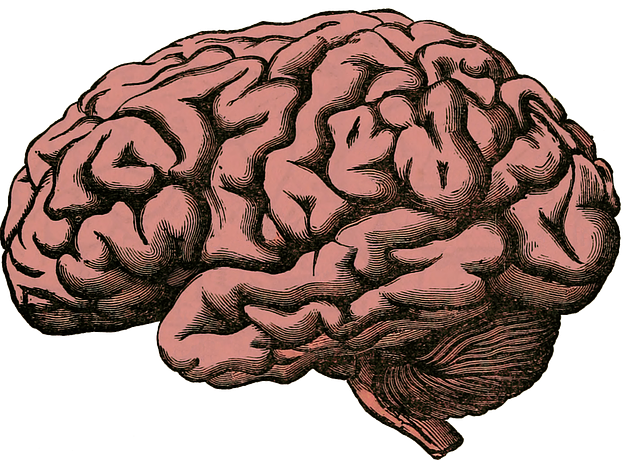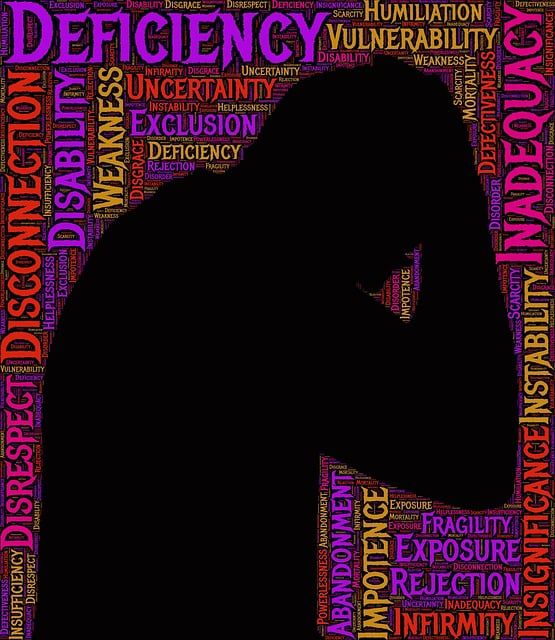In today's digital age, media plays a crucial role in shaping societal perceptions of mental illness, often presenting mixed images of increased visibility alongside persistent stereotypes. Inaccurate portrayals contribute to stigma and discrimination, hindering adults from seeking therapy, including effective treatments like Cognitive Processing Therapy (CPT). To empower individuals, balanced media representation in podcast series and public awareness campaigns is essential, promoting evidence-based practices like Mind Over Matter principles. Integrating CPT techniques into narratives normalizes therapy discussions and enhances mental health literacy. Collaboration between media professionals and therapists specializing in CPT ensures more accurate storytelling, reducing stigma and encouraging help-seeking behaviors for adults struggling with mental health issues.
In today’s media landscape, the representation of mental illness is more critical than ever. This article explores how current portrayals often fall short, perpetuating stereotypes and misinformation. We delve into the potential of Cognitive Processing Therapy (CPT) as a solution for creating accurate and empathetic narratives. By examining strategies to promote positive mental health depictions, we advocate for industry collaboration and heightened awareness to foster realistic storytelling. Discover how CPT can challenge norms and improve mental illness representation in media, ultimately benefiting viewers seeking understanding and support.
- Understanding Mental Illness Representation in Media: The Current Scenario
- Cognitive Processing Therapy: A Potential Solution for Accurate Depictions
- Strategies for Promoting Positive Mental Health Portrayals
- Encouraging Industry Collaboration and Awareness for Realistic Storytelling
Understanding Mental Illness Representation in Media: The Current Scenario

In today’s digital age, media plays a significant role in shaping public perceptions about mental illness. The current scenario presents a mixed picture; while there has been increased visibility and discussion around various mental health conditions, stereotypes and inaccurate portrayals remain prevalent. Often, media reduces complex conditions to simplistic narratives or uses them as sensational content, failing to do justice to the lived experiences of individuals struggling with mental wellness. This misrepresented image can lead to stigma, discrimination, and barriers in seeking therapy for adults, especially when cognitive processing therapy is not effectively showcased as a viable treatment option.
The need for balanced representation is evident, particularly in the context of mental wellness podcast series production and public awareness campaigns development. By incorporating evidence-based practices like Mind Over Matter principles, media can empower individuals to take control of their mental health journeys. Such initiatives have the potential to foster understanding, encourage help-seeking behaviors, and promote access to resources, including therapy for adults who may be hesitant due to societal norms and misconceptions surrounding mental illness.
Cognitive Processing Therapy: A Potential Solution for Accurate Depictions

Cognitive Processing Therapy (CPT) offers a promising approach to addressing the skewed representations of mental illness in media. This form of therapy is specifically designed for adults and focuses on modifying unhelpful thought patterns and cognitive distortions that contribute to mental health issues. By targeting these underlying processes, CPT can lead to significant improvements in self-esteem and emotional intelligence, two crucial aspects often affected by mental illness and inaccurate media portrayals.
Through effective communication strategies, CPT empowers individuals to challenge negative thoughts and develop more adaptive perspectives. This not only benefits personal well-being but also fosters a more nuanced understanding of mental health conditions when applied to media representation. By promoting accurate depictions, we can move away from stereotyped portrayals and towards more empathetic, realistic portrayals that reflect the diversity of human experiences with mental illness.
Strategies for Promoting Positive Mental Health Portrayals

Media has a significant influence on shaping societal perceptions, including how mental illness is understood and treated. To promote positive mental health representations, creators and content producers should consider employing evidence-based strategies. One such approach is incorporating Cognitive Processing Therapy techniques into narratives, which can help normalize discussing emotions and thinking patterns. By showcasing characters engaging in therapy, especially for adults, audiences can gain insights into the effectiveness of professional support for managing mood disorders and preventing crises.
Additionally, media platforms can contribute to Mental Health Awareness by providing accessible Crisis Intervention Guidance resources within their content. This could include dedicated sections or episodes offering practical tips for recognizing and responding to mental health emergencies. Such initiatives ensure that viewers not only gain a more nuanced view of mental illness but also learn valuable tools for supporting themselves or others during difficult times, ultimately fostering better Mood Management.
Encouraging Industry Collaboration and Awareness for Realistic Storytelling

In the media industry, fostering collaboration among producers, writers, and mental health professionals is vital to challenging stereotypical representations of mental illness. By bringing experts like therapists specializing in cognitive processing therapy into the creative process, production teams can ensure more accurate and nuanced storytelling. This approach not only helps reduce the stigma associated with mental wellness but also provides a platform for raising awareness and educating audiences.
Industry-led mental wellness podcast series or productions can play a significant role in this initiative. Such initiatives can offer a space to explore various aspects of mental health, including different therapeutic approaches like cognitive processing therapy for adults. By doing so, media platforms have the potential to influence public perception, promote understanding, and encourage conversations around mood management and overall mental wellness.
In conclusion, improving mental illness representation in media is a multifaceted challenge that requires both industry collaboration and a deeper understanding of effective storytelling. As previously mentioned, Cognitive Processing Therapy offers a promising approach for creating more accurate and nuanced depictions of mental health struggles. By encouraging realistic portrayals and fostering awareness, we can ensure that media serves as a powerful tool to promote positive mental health discussions and reduce stigma. Specifically, the strategies outlined in this article—including industry partnerships and education—are crucial steps towards achieving these goals, ultimately enhancing how society perceives and supports individuals facing mental health challenges.














